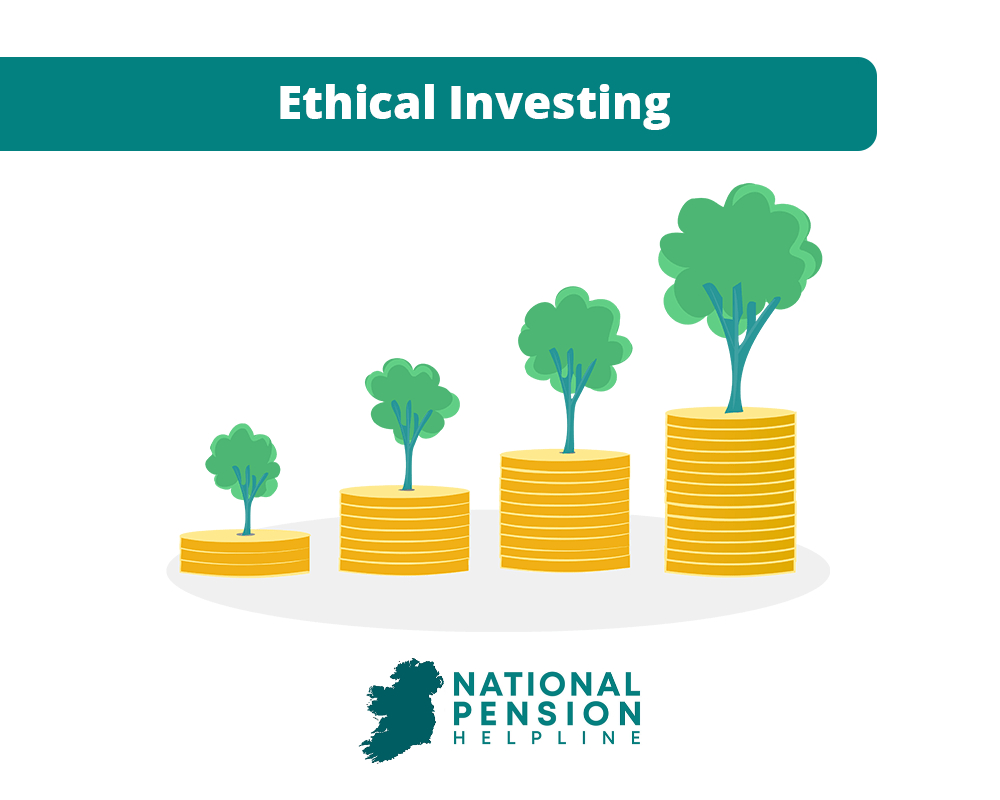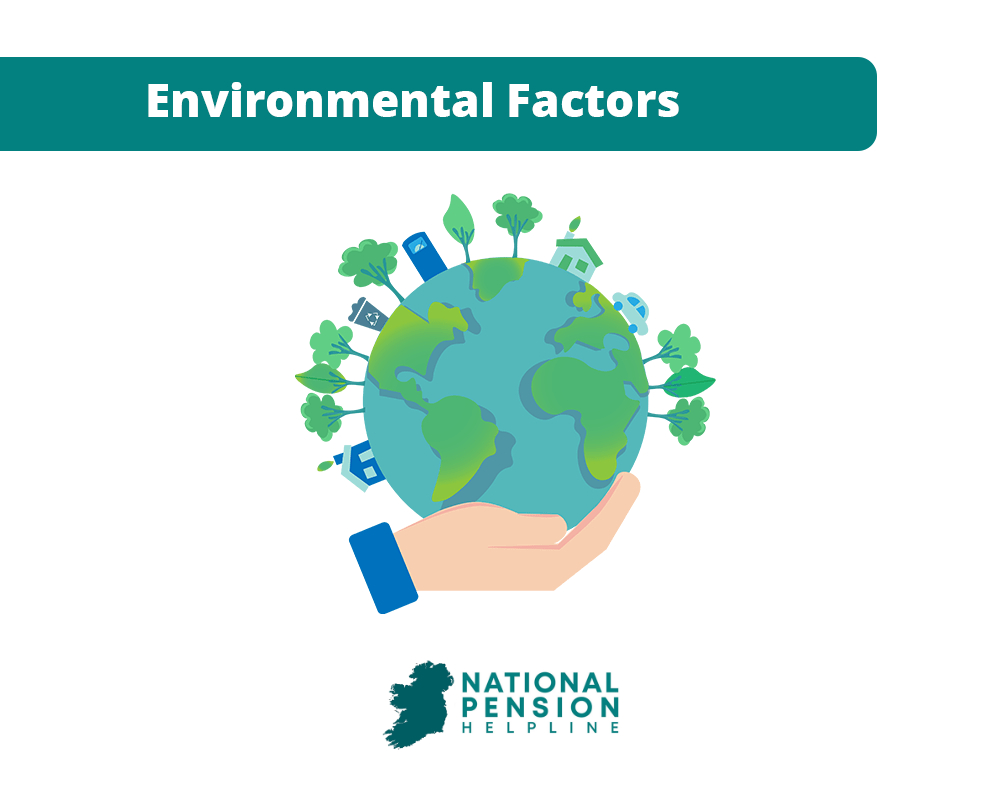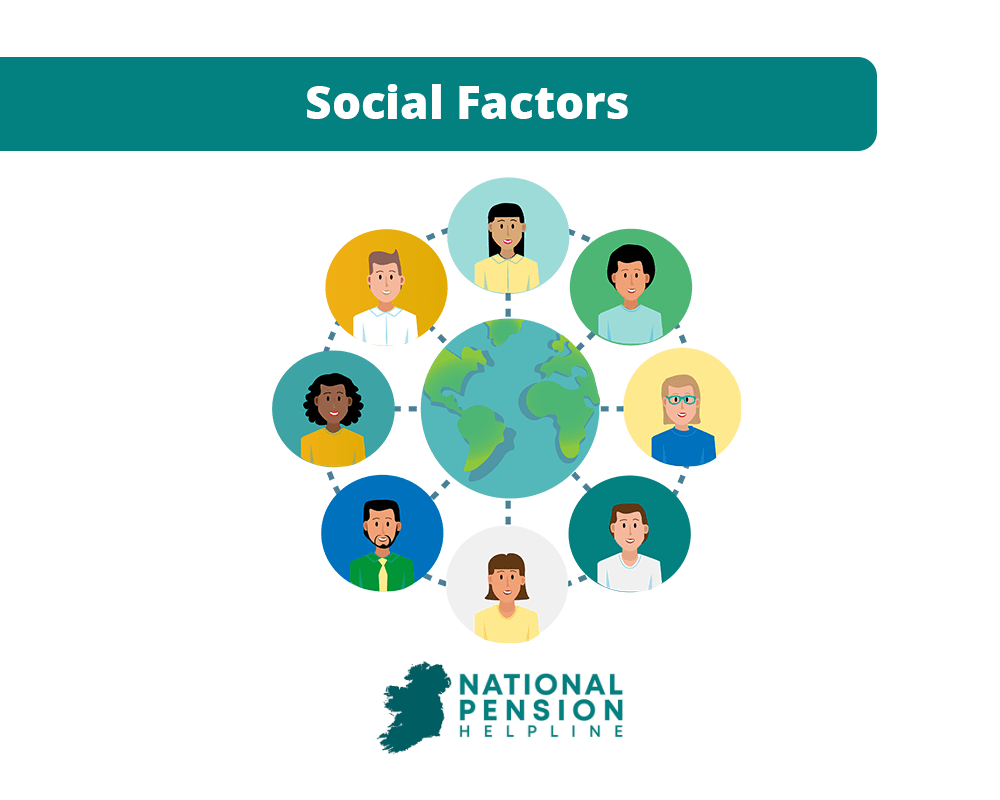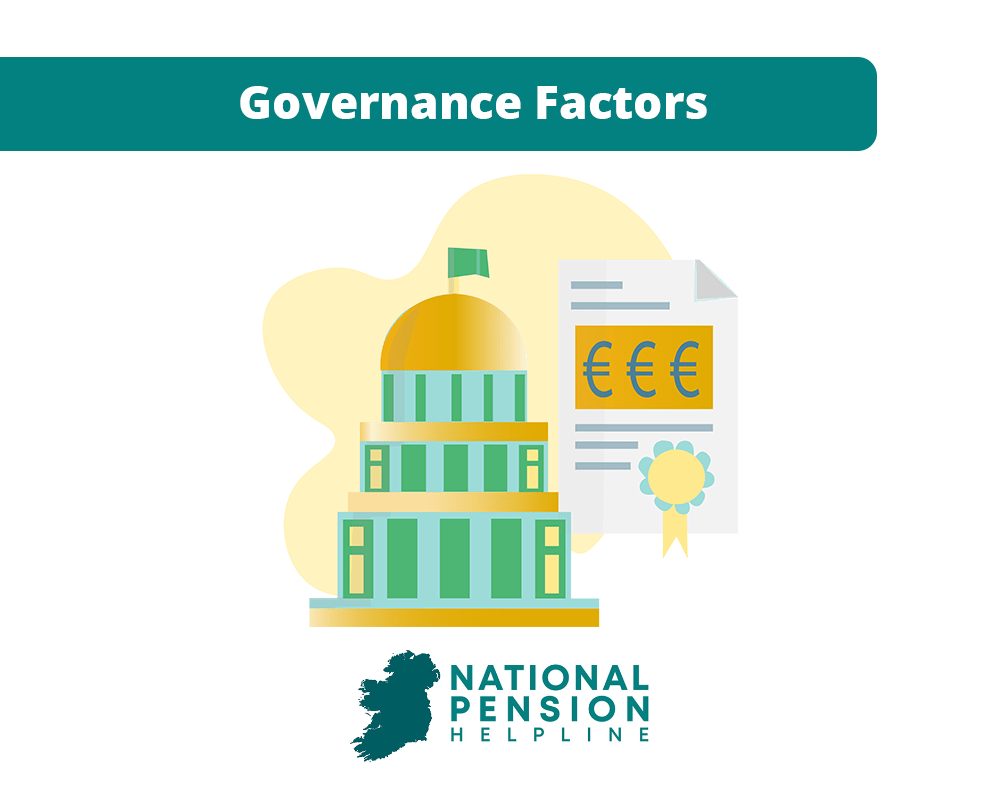It’s clear everywhere you look, the population is making a conscious effort to better protect the world we live in.
From sustainable fashion to veganism, recycling drives, reusable cups, paper straws – it’s no longer acceptable to look the other way when it comes to damaging the planet.
Investing is no exception. Here’s why you should consider ethical investing and make socially responsible decisions when choosing where to invest your funds.

Table of Contents
What is ethical investing
Put simply, ethical investing is when an individual allocates their investment fund(s) towards companies whose practices and moral values closely align with their own. In particular, this means you do not invest in companies that consciously cause harm to the environment, such as oil companies.
This kind of capital allocation can also be known as ESG investing.
Ethical investing incorporates the idea that businesses who are embracing environmental, social and governance factors that contribute to a sustainable future into their framework, would be considered an ethical investment option.
This new way of allocating a client’s funds steps away from evaluating return of investment solely on financial metrics.
Explaining Environmental, Social and Governance factors (ESG)
As mentioned above, this refers to the set of values a company embodies to ensure they are contributing to bettering the world around them for their clients from a sustainable perspective.
When considering a potential investment, these factors will be taken into account alongside financial performance to gain an overall perspective of the business.

Examples of environmental factors:
Examples of social factors:

Examples of governance factors:

ESG investing and performance
Dispelling old ways could mean profiting beyond what you normally would for the following reasons.
Taking the three-pronged framework of ethical investing as deciding factors, the level of commitment from companies to uphold better environmental practices and social standards is now dictating performance like never before.
For example, poor waste management and high carbon emissions can result in costly fines for your company. This means when they take the hit, so do you.
Furthermore, an unhappy workforce means overall poor business performance and having weak labour standards or poor employee engagement will most definitely result in expenses accrued due to staff turnover.
Now, companies that put time and effort into sustainable output will benefit from being more conscious.
Things such as an emphasis on energy efficiency will reduce long-term costs. Training staff to better the workplace environment is likely to spark innovation and foster competitive advantage.
At the company’s core, how the board is made up has historically had impact on the business’ potential for bankruptcy. Therefore, if owners work to make their selections more diverse and inclusive, it could prevent this from happening.
How to invest responsibly
When it comes to this new form of investing funds, there are a couple of headings investment funds are using to cover the basics.
It is important to know which category your company falls under to get the best from your contributions.
These categories include:
Socially Responsible Investing
This form of investing capital involves identifying opportunities that are considered more responsible than their counterparts.
The eligibility of a company for SRI investing will be checked against ESG factors but it isn’t always the case that ethical exclusion criteria will be met.
Sustainable investing
Investing in this way will mean a client targets investments that follow better environmental practices and have a lower carbon footprint.
In most cases, companies using non-renewable energy will be avoided, with the focus rather being put on highly sustainable energy usage.
Impact investing
With the intention here being to generate a measurable social or environmental benefit, the expectation to earn is still a factor but the societal impact is the main takeaway.
Ethical investing and pensions
When looking to invest in a pension plan, ethical investing could be an avenue to consider and has potential to be more cost effective.
A campaign by the name of Make My Money Matter has been set up to move £3trillion in pensions towards the hopes of a more sustainable future.
The benefits in adopting to go sustainable when purchasing a pension package is infinitely better than other efforts to live greener.
It’s been cited at being 27 times more effective in reducing carbon emissions than alternative practices like abstaining from air travel or eating animal products.
Ethical investing and pensions
When looking to invest in a pension plan, ethical investing could be an avenue to consider and has potential to be more cost effective.
A campaign by the name of Make My Money Matter has been set up to move £3trillion in pensions towards the hopes of a more sustainable future.
The benefits in adopting to go sustainable when purchasing a pension package is infinitely better than other efforts to live greener.
It’s been cited at being 27 times more effective in reducing carbon emissions than alternative practices like abstaining from air travel or eating animal products.
Ethical investing standards
After weighing up the pros and cons of this investment type, it is clear that these practices and factors should be visible in every company as a non-negotiable.
The sums invested into capital markets reach highs of €300 trillion. The financial industry has a responsibility to see that those funds are working towards a cleaner, more sustainable planet for their clients.
Get help with ethical investing
Need help kick-starting your ethical investing portfolio? Reach out and set up a meeting with one of our advisers and start seeing returns that save the planet.




Socially responsible investing versus traditional investing
Non-believers in this type of investing claim you are leaving potential financial gain at the door for the sake of a clear conscious but how true is this, really?
Traditionally, when approaching an investment companies would be judged based on financial metrics, profit performance and revenue growth.
Understanding how your chosen company is tackling and approaching ESG issues will have an impact on their economic performance in more ways than you could imagine.
Disregarding knock-on effects of production or other business impediments on the world around us comes at a high cost.